Author: Branwen Brockley
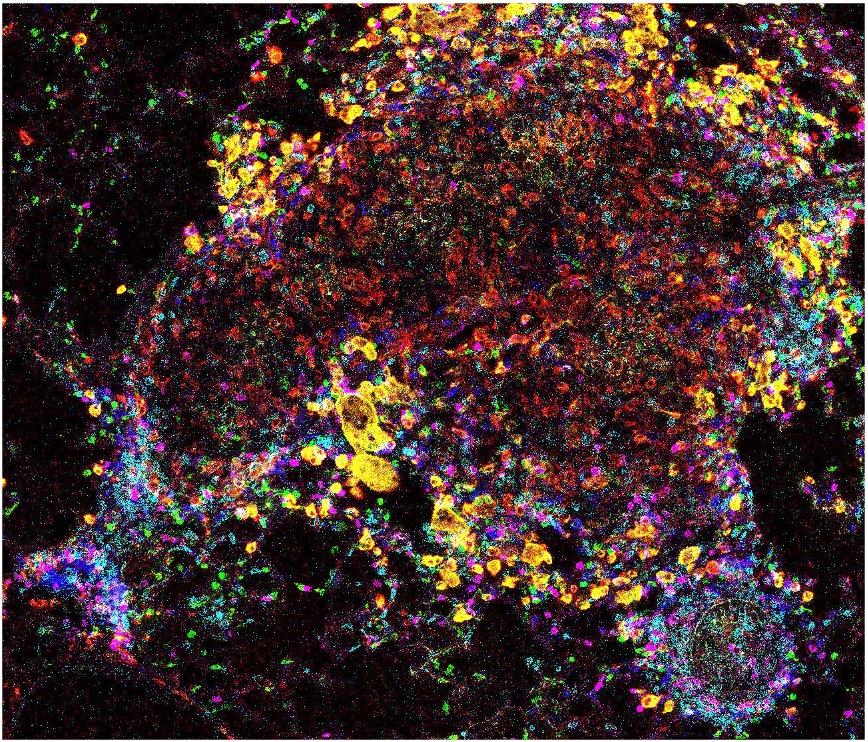
-

Institute Group Leaders awarded promotions by the University
We are delighted to announce that Florian Markowetz and Nitzan Rosenfeld have been promoted to Professors in the University of Cambridge Senior Academic Promotions.
Find out more -

Richard Gilbertson awarded Society of Memorial Sloan Kettering Prize
Professor Richard Gilbertson has been named the 2022 recipient of The Society of Memorial Sloan Kettering Prize.
Find out more -
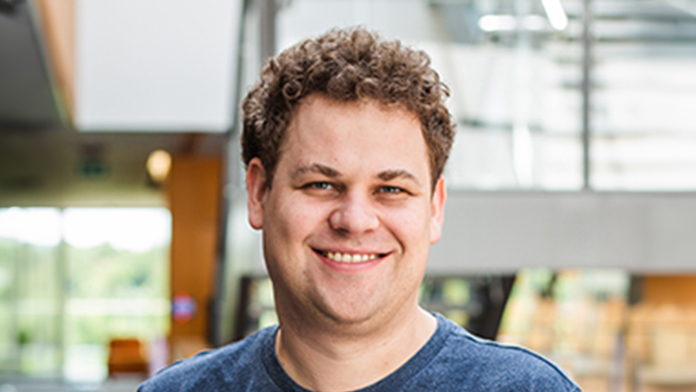
John Marioni elected Fellow of the Academy of Medical Sciences
Dr John Marioni is one of 60 outstanding biomedical and health scientists elected to the Academy of Medical Sciences‘ influential Fellowship, it has been announced today.
Find out more -

Richard Gilbertson elected to the Royal Society
Gilbertson was elected to the Royal Society for his work transforming the understanding of the origins and pathogenesis paediatric brain tumours.
-

Florian Markowetz secures European Research Council Advanced Grant
Senior Group Leader, Dr Florian Markowetz, has been awarded a grant for his project ‘Targeting the roots of chromosomal instability in cancer (CliniCIN)’.
Find out more -
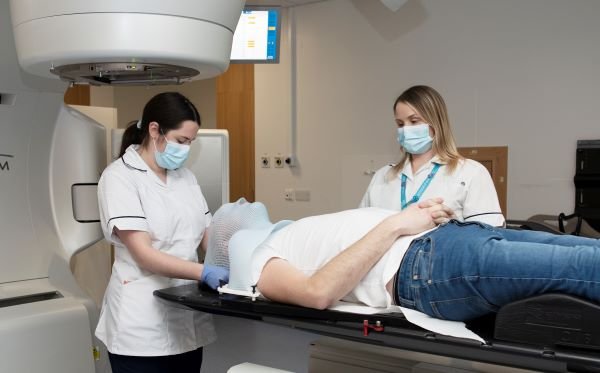
Cambridge pilots landmark NHS testing and treatment for brain cancer
Brain tumour patients at Addenbrooke’s Hospital are the first in the UK to benefit from personalised treatment using the latest advances in genomics and targeted therapies.
Find out more -

Personalised blood test can detect persistent lung cancer
Patients who are at a higher risk of their lung cancer returning can be identified by a personalised blood test that is performed after treatment, according to researchers at the University of Cambridge.
-
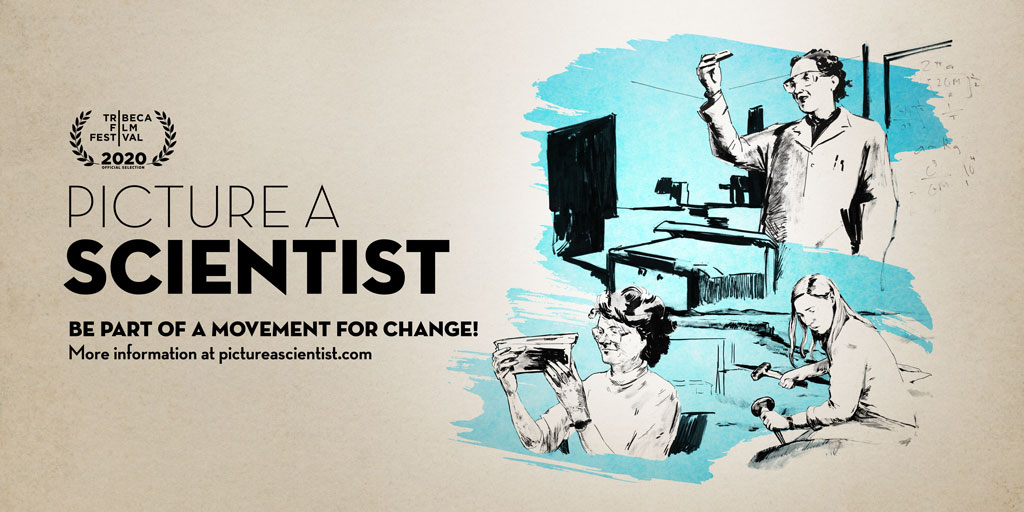
International Women’s Day screening of Picture a Scientist
We have teamed up with the Cambridge Biomedical Campus to screen the film ‘Picture a Scientist’, followed by a panel discussion and lunch.
-
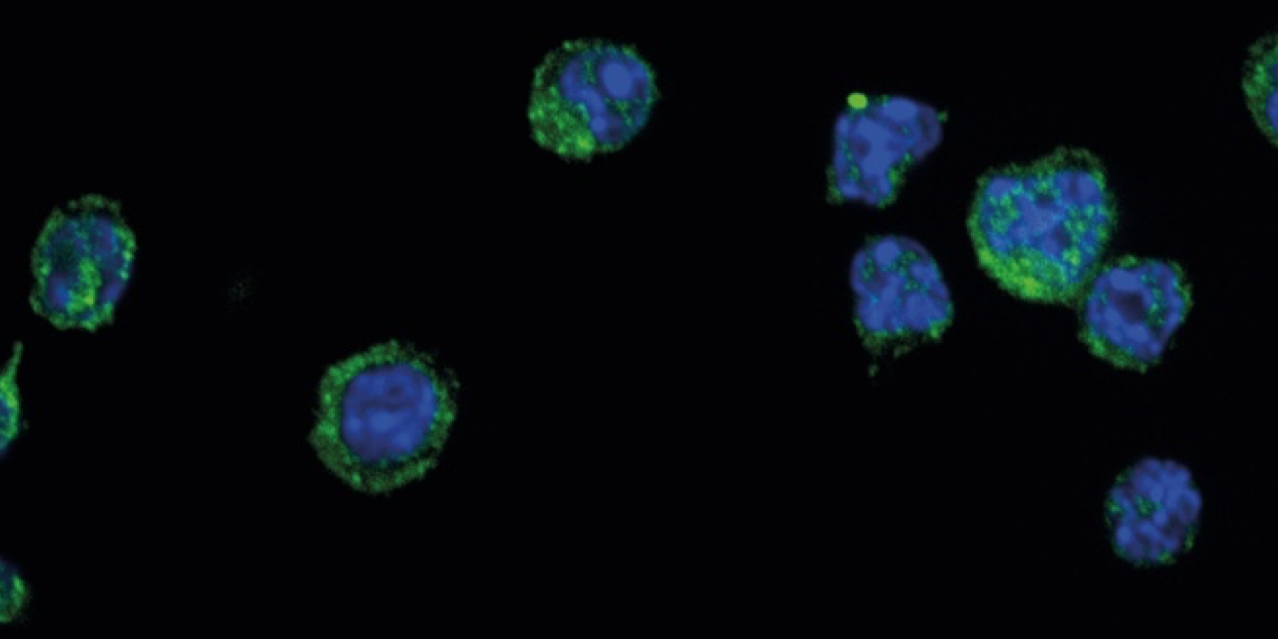
Dr Joachim Hanna awarded Postgraduate Student Thesis Prize
The Prize is awarded each year to an exceptional Cancer Research UK Cambridge Institute postgraduate student that has completed an outstanding piece of work during their studies.
Find out more